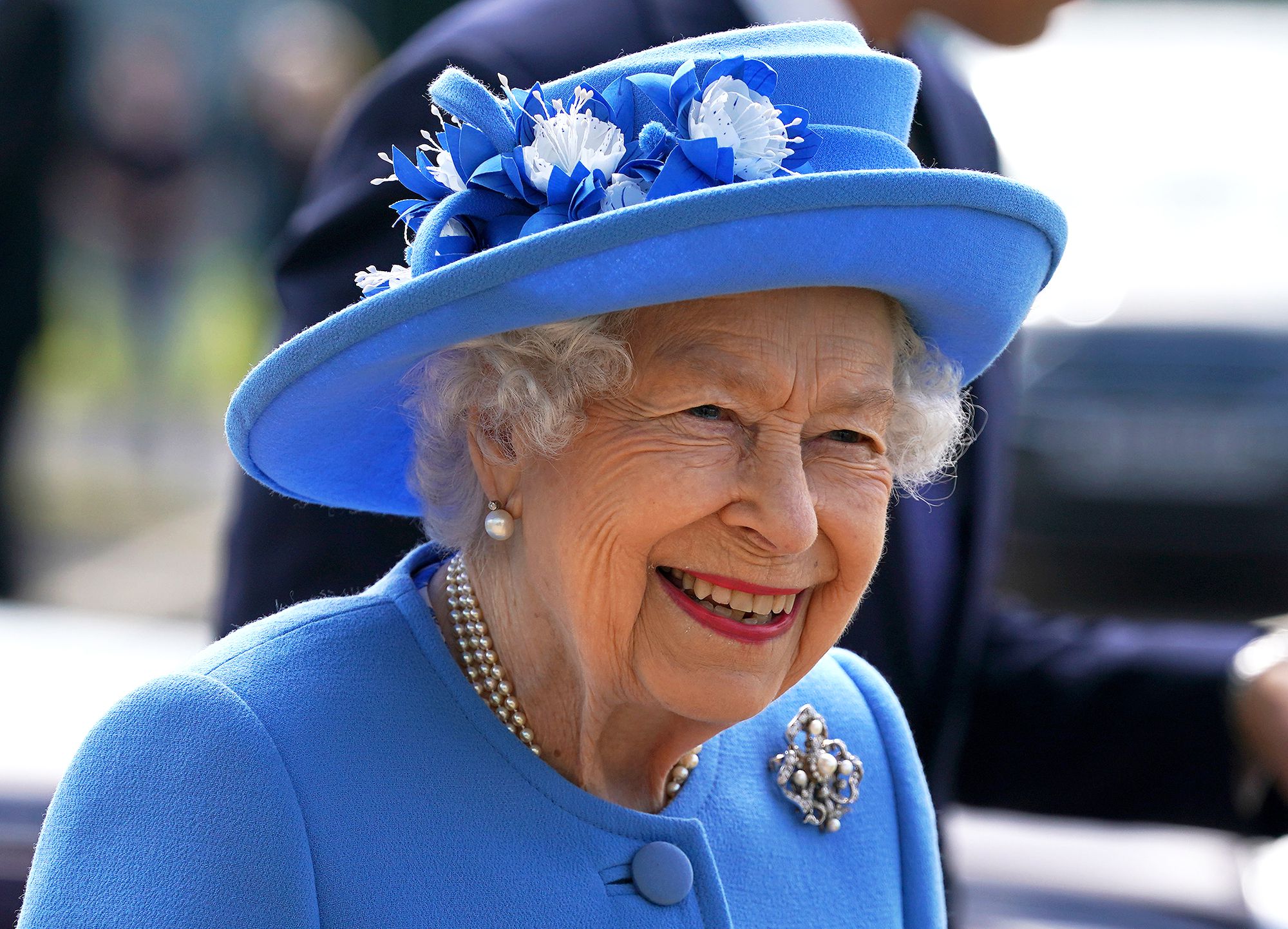ANNIE FAULKNER | NEWS CO-EDITOR | aefaulkn@butler.edu
Buckingham Palace announced that Queen Elizabeth II of Great Britain died on the afternoon of Sept. 8. The queen, aged 96, died peacefully, surrounded by family at Balmoral Castle in Aberdeenshire, Scotland.
Queen Elizabeth came to the throne in 1952, her reign overseeing a time of rapid change to the global order. On her watch, the world saw events such as the 1969 moon landing, the fall of the Berlin wall and the advent of the internet, to name a few. Her reign lasted for over 30% of all U.S. history, coinciding with the administrations of 13 U.S. presidents and the tenures of 15 British prime ministers. At 70 years of rule, the queen was Britain’s longest-reigning monarch.
For today’s generation of university students, Queen Elizabeth’s presence was a symbol of stability in a coming-of-age that was anything but stable. Generation Z has grown up in the shadow of seemingly endless war, environmental calamity and, of course, a global pandemic. However, Queen Elizabeth was constant in the global order that sometimes seemed like it could never change, even while everything else was marked by uncertainty.
Even in the United States, her death has a profound impact.
Nick Okoro, a sophomore marketing major, grew up in the United Kingdom. He said when he heard the news, he immediately checked in with his mom and his friends from home.
“I was just shocked,” Okoro said. “I didn’t really see it coming because there was no news this whole week about her being ill, only yesterday. So [I was in] a state of shock, but just more [worried about] what’s gonna happen back home for my friends and family.”
The queen’s eldest son, Charles, will inherit the throne under the title King Charles III.



